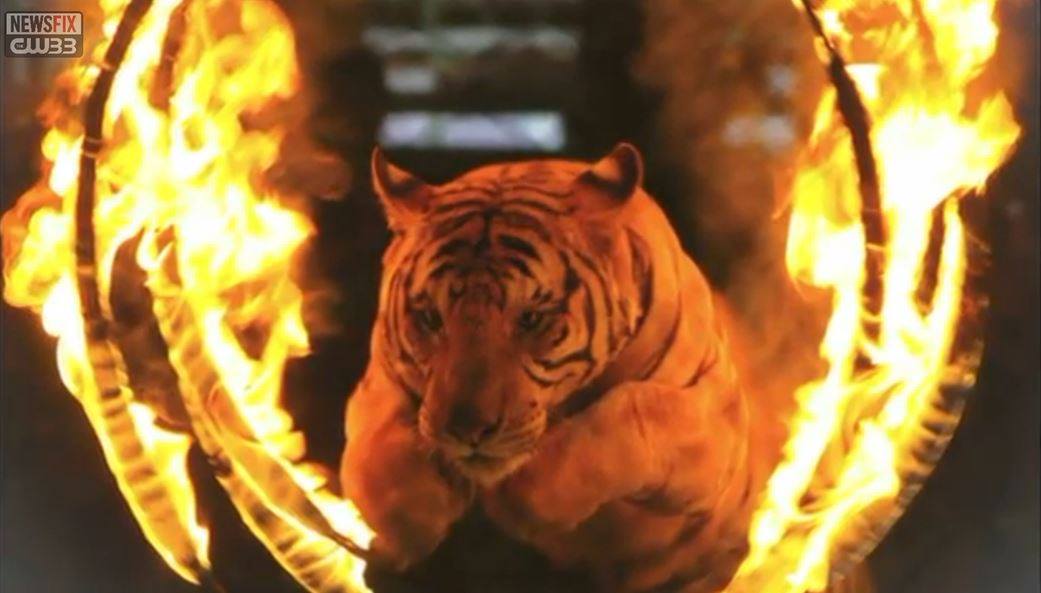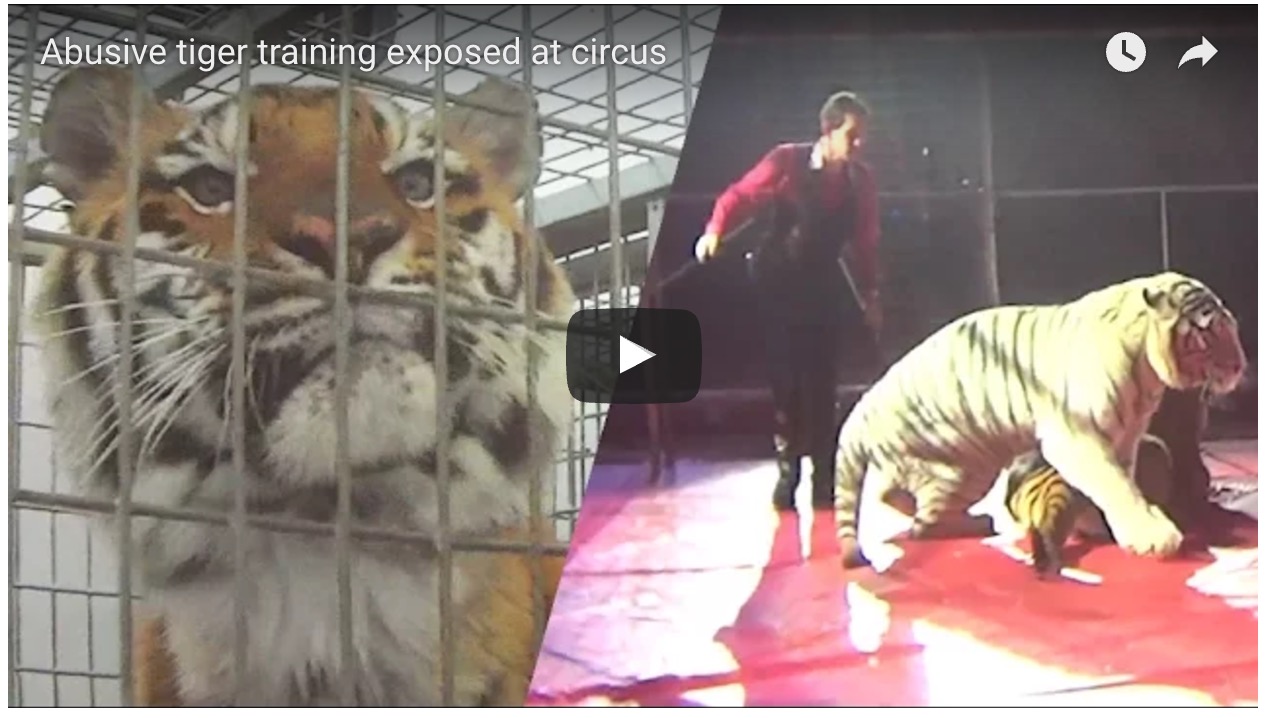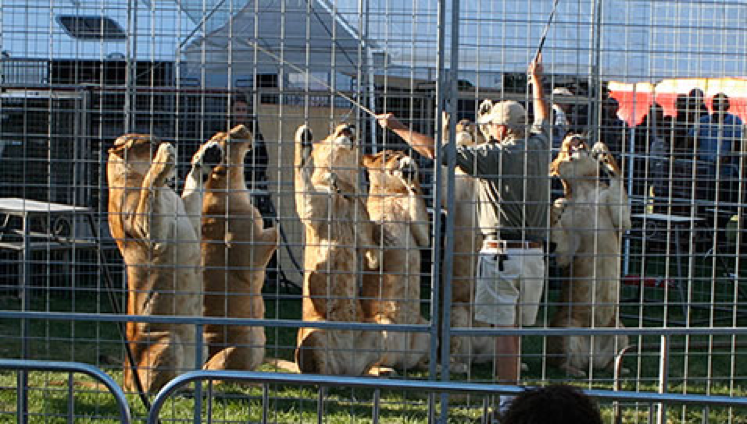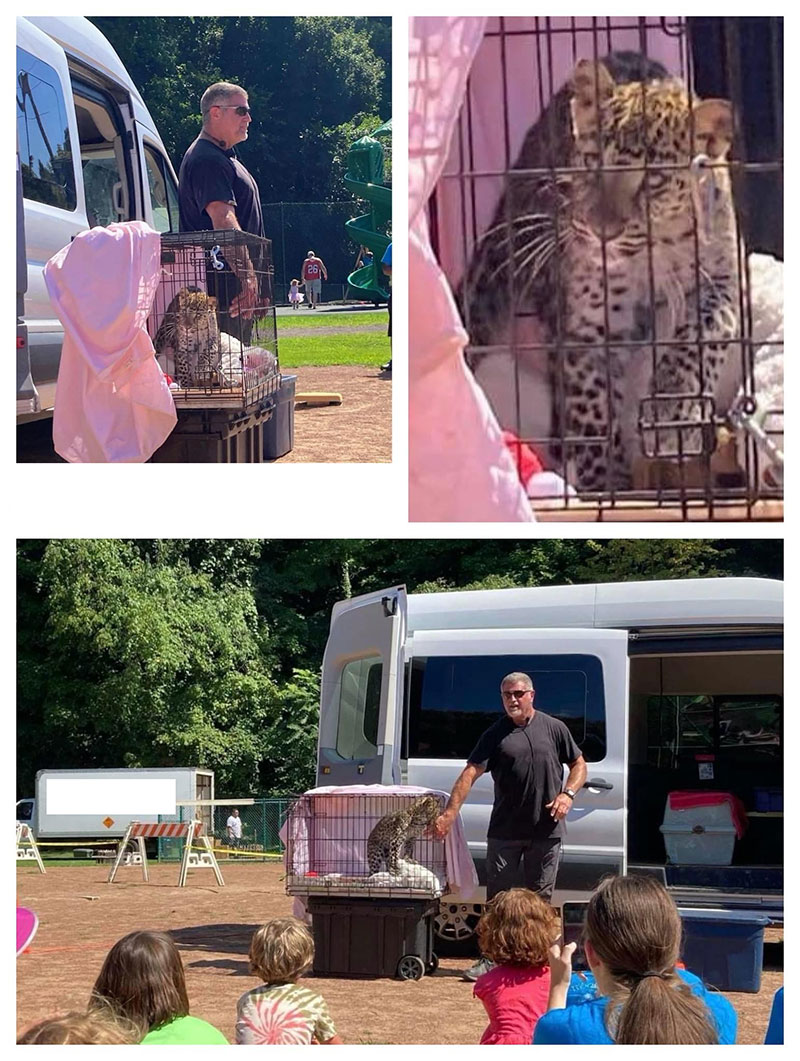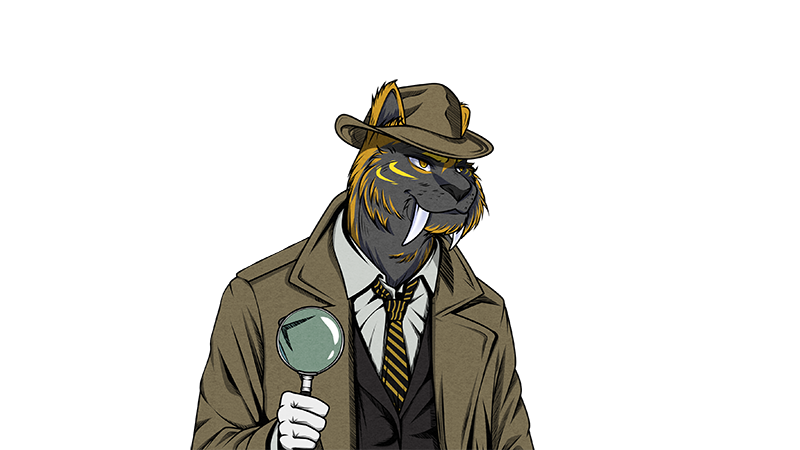Sandlin Debbie AKA Debbie Sandlin
Debbie Sandlin
When Carole Baskin and Big Cat Rescue became known for trying to stop the trade in exotic cats as pets, Debbie Sandlin began slandering them in an attempt to draw the attention off the subject; Exotic Animals as Pets, which is not a subject anyone can defend, and try to misdirect attention in any way she can.
Debbie Sandlin was briefly a volunteer at Wildlife on Easy Street about a decade ago. She never graduated from Red level to Yellow level which indicates that she either was there less than 6 months, did not keep her volunteer hours up or that she was not progressing through her training as required to achieve the next level. After Don Lewis disappeared in 1997 the sanctuary stopped breeding and trading in exotic cats and there was a small band of people who left when the policies changed. Between 1997 and 1999 Susan Aronoff, Judy Watson, Jim Moore, and Debbie Sandlin left Wildlife on Easy Street because of the change in direction.
Susan Aronoff, nka Susan Bradshaw was thrown out of the volunteer program when she was caught making money on the side by inviting guests to stick their hands in a lion’s mouth to let him lick raw meat off their hands. She since has relocated a number of times, living briefly with Debbie Sandlin and others. Susan started a number of big cat breeding facilities, such as the Preservation Station, but has had to relocate several times after irritating her neighbors, alienating her sponsors and being financially incapable of staying afloat. Vernon Yates has housed her lion, Judah, for her when she was without land and caging in his 2 acre backyard facility that holds nearly 50 big cats in concrete cells. It was this alliance of Vernon Yates, Susan Aronoff, and Debbie Sandlin, that fed the lies and half truths to the Bay News 9 reporter, Chris Hawes. Because they have been able to mislead one reporter they have used the credibility of the Bay News 9 name as their sole source of credibility.
Debbie Sandlin was the woman in the trailer carrying the pet monkey around with her in the video taped interview by Bay News 9. People who know her say that she does most of this at Susan Bradshaw’s bidding because she looks up to Susan and wants to please her. She stalks Carole Baskin and Big Cat Rescue and has called in to repeat her nasty diatribe as a phone in caller on WMNF when Carole Baskin was interviewed. She has written numerous letters to supporters, regulating bodies, accrediting organizations and the media trying to discredit Carole Baskin and Big Cat Rescue.
These people often use aliases, false addresses and other methods to hide their real identities when they spread their libelous claims because when their background becomes known, it is apparent that there is no truth to their assertions. It is all a ruse, meant to distract from the real issue which is that exotic animals should not be kept as pets.
The letter that Carole Baskin wrote advising neighbors of exotic animal owners about a public workshop to address the proposal that neighbors be notified in the event of an escape is posted below:
Dear Exotic Animal Neighbor, October 2, 2007
Did you even know that there are people living right next to you who own dangerous Class I and Class II wild animals? It could be anything from a bobcat to a tiger. While they may be caged now, what happens in a hurricane? The cobras and black mamba sort of neighbors are even more prone to escape. We post a list of the big cat escapes, killings & maulings on our website.
Keeping wild animals in private collections is cruel to the animals and dangerous for you.
At a recent meeting of the Florida Wildlife Conservation Commission they voted down a recommendation that neighbors be notified BEFORE someone moves in next to them with dangerous wild animals because the breeders, dealers and exotic pet owners were there but their neighbors weren’t. They decided to offer two more meetings for neighbors to respond before voting on whether you should be notified when a dangerous wild animal escapes near you.
Of course, just like all of their other meetings, you won’t be notified by them of when and where.
We think you have a right to know.
DATE AND TIME: October 8, 2007, 7:00 p.m. to 9:00 p.m.
PLACE: Florida Department of Agriculture and Consumer Services, Division of Plant Industry Auditorium, 1911 SW 34th Street, Gainesville, Florida 32614.
DATE AND TIME: October 9, 2007, 7:00 p.m. to 9:00 p.m.
PLACE: The Ft. Lauderdale City Commission Chambers, 100 N. Andrews Avenue, Ft. Lauderdale, Florida 33301-1016.
For more information on the meetings contact Captain Linda E. Harrison, FWC Division of Law Enforcement Linda.harrison@MyFWC.comThis e-mail address is being protected from spambots. You need JavaScript enabled to view it
To find out who in your neighborhood has these animals will cost you $50.00 (and a lot of frustration, because the FWC doesn’t want you to know) but you can try to get the list from FL Fish & Wildlife Conservation Commission Attn. Debbie Manderfield 2590 Executive Center Circle, Suite #200 Tallahassee, Fl 32301. We purchased the list and found your address to be adjacent to one of the owners of Class I or Class II wildlife. We thought you ought to know.
For the cats,
Carole Baskin, Founder
Debbie Sandlin was quoted in opposition to a bond requirement that insures exhibitors of big dangerous animals can be held accountable.
Captive wildlife changes
The Florida Fish and Wildlife Conservation Commission is considering requiring anyone obtaining or making change to a permit for large wildlife to notify neighbors and emergency personnel.
Owners who exhibit animals would be required to buy $2 million worth of insurance or post a $10,000 bond to cover the costs of escapes and injuries.
For more information, visit http://myfwc.com/commission/2007/Sept07/index.html …
The Florida Fish and Wildlife Conservation Commission on Thursday considered changes for Class I wildlife permits. The permits are required for owners of big cats such as tigers, large primates like baboons, elephants, bears, rhinoceros and other large wildlife.
More than two dozen residents and organizations in the region hold Class I permits. They include zoos and wildlife sanctuaries as well as private businesses that train, breed and sell exotic animals.
…But the commission did move forward a measure requiring owners who exhibit animals to buy $2 million worth of insurance or post a $10,000 bond to cover the costs of escapes and injuries.
The Florida Legislature passed the bonding and insurance requirement last session, expanding a bill that initially dealt only with venomous snakes. Gov. Charlie Crist signed the measure into law, so the requirement will be effective next year unless lawmakers make changes.
…Others include wildlife breeders, trainers and roadside zoos. Exotic animals in the region gained attention in 1998, when a Bengal tiger in Newberry killed its trainer and owner in a six-week span.
Kari Bagnall, founder and director of Jungle Friends, said the incident shows why private owners shouldn’t keep large wildlife. She said private owners also include businesses that sell animals for their parts, teeth and pelts.
The law should be changed to prevent anyone except certified sanctuaries and zoos from having Class I permits, she said.
“They really just need to make these animals illegal,” she said.
Florida’s subtropical climate, tourist industry and Miami’s role as a major port account for a large number of exotic wildlife in the state, said Capt. John West of the Fish and Wildlife Conservation Commission.
The state bans residents from having Class I wildlife as pets. Residents can still obtain permits to exhibit the animals, which allows rescue operations and others to keep wildlife if they publicly show the animals or use the animals for educational purposes.
Wildlife must be kept behind fences at least 8 feet tall. New regulations require public notification in case an escape happens.
“The neighbors would get a call, law enforcement would get a call and we would get a call,” West said.
Holly said he used to breed wildlife in Maryland and had a neighbor there who continually called law enforcement for minor issues. He said he fears a requirement to notify neighbors of permits will lead to similar problems here.
“There’s lots of reasons your neighbors should not control what you do,” he said.
The bonding and insurance requirements apply only to people who exhibit wildlife and not those who breed them. Holly said he already has insurance, which he thinks is a necessity for anyone with large animals.
“Everyone should have insurance in this world,” he said…
Archer resident Debra Sandlin has permits for large cats and primates, but said she only has a black macaque, a monkey that now requires a Class II permit.
Fish and Wildlife should concentrate on enforcing existing regulations, she said, rather than adding new ones.
The changes are intended to bolster large sanctuaries while forcing small operations out of business, she said.
“It’s not going to benefit the animals,” she said.
Excerpted from the Gainesville Sun
